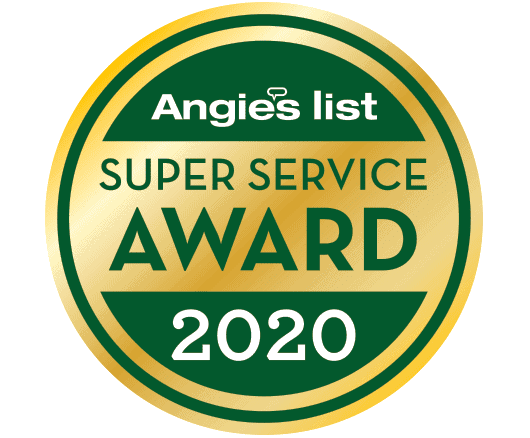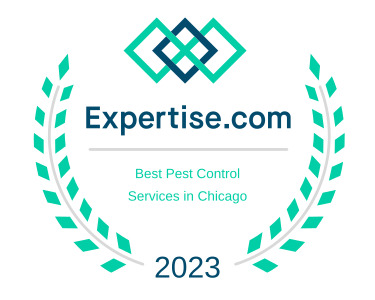Specialist Pest Control Auckland: Trusted Providers for Your Satisfaction
Wiki Article
Recognizing Various Kinds Of Pest Control Techniques and Their Performance
The administration of pests is a crucial aspect of maintaining the wellness and honesty of numerous environments, from agricultural fields to domestic homes. When thinking about insect control methods, it is important to recognize the varied techniques available and their differing degrees of effectiveness. From chemical treatments to organic services, each approach provides unique benefits and limitations. By exploring the subtleties of these bug control techniques, an extensive understanding of how to deal with parasite issues can be created.Chemical Insect Control Techniques
Chemical parasite control methods play a critical duty in efficiently managing and eliminating pest problems in different settings. These techniques include making use of chemical materials to eliminate or deter parasites such as bugs, rodents, and weeds. One of the key benefits of chemical insect control is its ability to provide quick and targeted solutions to pest problems. By utilizing particular chemicals that are designed to target specific bugs, this technique can aid protect against damages to crops, frameworks, and human health.Nevertheless, it is vital to take into consideration the possible dangers and downsides related to chemical parasite control techniques. Overreliance on chemicals can result in the growth of chemical resistance in parasites, making them harder to manage in the future. Additionally, making use of particular chemicals can have hazardous results on non-target organisms, the atmosphere, and human health and wellness otherwise applied correctly.

Organic Bug Control Approaches
Using all-natural killers and virus to take care of insect populaces effectively, organic insect control techniques offer a environmentally friendly and sustainable technique to pest management. By presenting or advertising the task of organisms that naturally take advantage of or infect insects, such as ladybugs for aphid control or particular microorganisms for caterpillar problems, biological control can aid preserve parasite populaces at convenient levels without the need for artificial chemicals. This approach is specifically beneficial for natural farming techniques, as it avoids using potentially damaging compounds while keeping crop wellness.
Physical Insect Control Methods
While biological pest control techniques concentrate on utilizing natural predators and virus, physical parasite control approaches make use of mechanical and physical obstacles to take care of parasite populations. These methods are often taken into consideration eco-friendly as they decrease the usage of chemicals. Physical insect control includes techniques such as trapping, utilizing barriers like displays or webs, and physically removing pests from the area.Traps are generally used in physical bug control to record and remove insects like rats and insects. An additional physical method is the usage of barriers such as fences, displays, or page webs to prevent pests from going into or infesting certain areas.
All-natural Insect Control Techniques
Incorporating plant-based repellents and all-natural predators is a key technique in carrying out reliable all-natural bug control approaches. By urging the visibility of beneficial insects like ladybugs, lacewings, or aggressive mites, gardeners can naturally control pest populaces. These killers feed on common garden parasites such as termites, aphids, and caterpillars, assisting to preserve a check out this site balanced environment without the requirement for chemical interventions.
Furthermore, applying social methods such as crop rotation, friend growing, and preserving appropriate plant health and wellness can likewise enhance the efficiency of all-natural pest control approaches. These strategies not only help in stopping bug invasions however also advertise biodiversity and general ecosystem durability. By integrating these natural approaches, individuals can effectively handle pests while lessening environmental influence.
Integrated Bug Management (IPM) Strategy
Executing an Integrated Insect Management (IPM) strategy is important for successfully controlling insect populaces while lessening dependence on chemical pesticides. IPM is a lasting and extensive method that incorporates various insect control techniques to attain lasting solutions. This method concentrates on control, prevention, and tracking to address insect problems in an eco-friendly fashion.IPM incorporates biological, cultural, physical, and mechanical techniques with the strategic and limited use pesticides when needed. By emphasizing aggressive steps such as environment alteration, biological control, and exemption, IPM aims to reduce bug populaces and their influence on the ecological community. Regular monitoring is important in IPM to evaluate insect levels accurately and determine one of the most proper control approaches.
One of the key benefits of IPM is its capacity to lessen the dangers related to too much chemical use, such as environmental contamination and injury to non-target microorganisms. Furthermore, IPM promotes an extra alternative approach to pest monitoring by taking into consideration the general ecosystem characteristics. Generally, the IPM technique uses a sustainable and effective solution for pest control while advertising ecological obligation.
Conclusion
Finally, recognizing the different sorts of insect control methods and their performance is vital in efficiently managing bug infestations. Chemical, organic, physical, and all-natural parasite control methods each have their very own advantages and restrictions. Integrated Insect Monitoring (IPM) method, which incorporates numerous techniques for lasting bug control, is increasingly being identified as a holistic and eco-friendly option. By utilizing a combination of these organizations, techniques and individuals can efficiently manage parasites while minimizing damage to the setting.Chemical parasite control techniques play a crucial function in effectively taking care of and eradicating pest invasions in various atmospheres.Using natural predators and virus to take care of pest populations properly, organic pest control approaches use a sustainable and environmentally try this out friendly method to pest management. By presenting or promoting the activity of organisms that normally prey on or infect bugs, such as ladybugs for aphid control or certain bacteria for caterpillar invasions, biological control can help preserve insect populaces at workable levels without the requirement for synthetic chemicals.While biological bug control methods concentrate on taking advantage of all-natural predators and microorganisms, physical pest control approaches utilize mechanical and physical obstacles to manage bug populations. Integrated Insect Administration (IPM) strategy, which integrates various approaches for sustainable bug control, is progressively being recognized as a holistic and ecologically friendly solution.
Report this wiki page